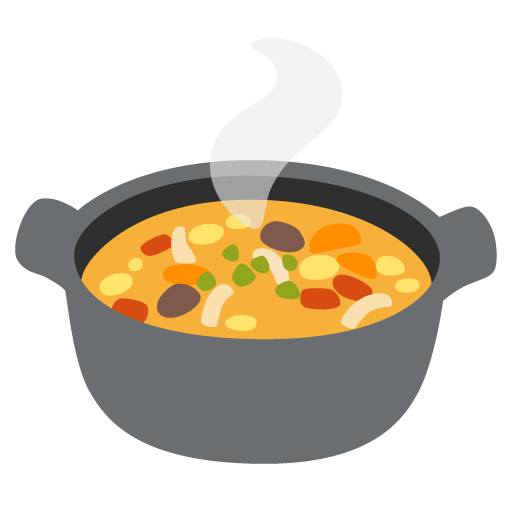

When you start with compromises like that, the failure is guaranteed, there is no “attempt”.
That’s like saying tapering off a drug addiction is a compromise compared to going cold turkey.
I agree that food is addictive. Habits we develop around food are some of the strongest habits we have. Which is why a lot of people make radical changes in their diet - think New Year’s resolutions - and then give them up entirely because they find their new diet too hard and go back to their old comfortable habits.
If a “revolution in your kitchen” worked for you, good for you! Congratulations!
For other people, changing their dietary habits in a way that lasts a lifetime means building better habits through slow and gradual change.
Especially for people who aren’t cooking and eating alone and have to take other people’s preferences into account - that is, making changes is necessarily a compromise with the other people in their household. And it’s much easier to get your household to agree on smaller, gradual dietary changes then a food revolution.

























Or option three, which happened here: someone attempted satire or dark humor and didn’t realize society had degenerated so much that people were genuinely, seriously, advocating for the satirical claim.
Imagine Jonathan Swift’s “A Modest Proposal” - a suggestion that poor Irish people sell their children to be eaten for food, which would both reduce the burden on poor families and provide delicious sustenance for wealthy Englishmen. Now imagine a bunch of English people saying “this is a great idea, I’ve supported it for a long time now”. And then a bunch of Irish people attacking Jonathan Swift, believing he genuinely supported eating Irish children, because a bunch of English people actually supported it.
You might wonder how it could be possible, that people would confuse satirical attacks on exaggeratedly stupid and evil positions for actual support for those positions.
But then you might remember there are sitting members of Congress suggesting we literally feed immigrants to alligators to thunderous fucking applause.
And then you might remember satire is dead.